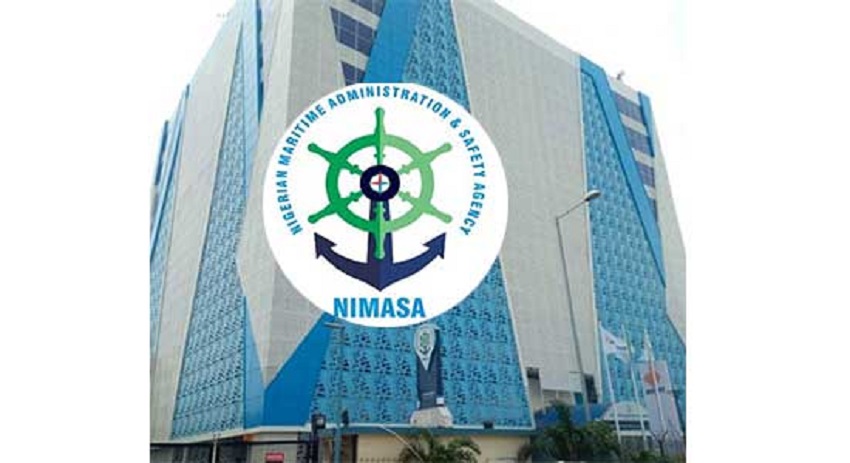How to Calculate Pension from Salary in Nigeria
How to Calculate Pension from Salary in Nigeria. In This Article, You Will Learn How To Calculate Pension Contribution in Nigeria, Check The Full Guide Below

In order to ensure that every retiree is financially independent at retirement, the Pension Reform Act 2014 reviewed upwards, the minimum rate of pension contribution from 15 percent to 18 percent of monthly emolument which is monthly basic salary, transport allowance and housing allowance. Under the Pension Reform Act 2014, 8 percent will be contributed by the employee and 10 percent by the employer.
History of the Nigerian Pension Scheme
Up until the year 2000, the combined pension contribution rate was 7.5% and was subject to a maximum limit of N3, 600 per annum. In 2001, the contribution rate was increased to 10% and subject to a maximum contribution of N52, 800 per annum. This was until 2004 where with the introduction of the Pension Reform Act, it was required that a combined rate of 15% was to be contributed to an employee’s pension account without any limit as to amount.<
Under the Pension Reform Act 2014 which sought to repeal the Pension Reform Act 2004 (as amended), all employees to whom the scheme applies are to open a Retirement Savings Account with a Pension Fund Administrator (PFA) of their choice. The contributory pension scheme under the Pension Reform Act, 2014 is for all employees in the public service of the Federation, Federal Capital Territory, and the private sector with a minimum of three employees.
The Contributory Pension Scheme requires pension funds are to be privately managed exclusively by licensed Pension Fund Administrators (PFA). The main functions of the Pension Fund Administrators are to:
- Open Retirement Savings Account (RSA) for employees
- Invest and manage pension fund assets
- Payment of retirement benefits
- Account for all transactions relating to the pension funds under their management.
The current pension scheme is applicable to employers with 3 or more employees. Under the previous Pension act (Pension Reform Act 2004), only employers with a minimum of 5 employers were required. Under the Pension Reform Act 2014, the total rate of contribution increased from 15% of monthly emolument (being 7.5% each by the employer and the employee) to 18% with a minimum of 10% by the employer and a minimum of 8% by the employee.
The Reform Act also changed the base upon which the monthly contribution is calculated. This is known as total emoluments which shall not be less than a total sum of basic salary, housing allowance and transport allowance (BHT) as may be defined in the employee’s contract of employment.
According to Nigeria Pension Commission, employees are required to contribute a minimum of 8% of the sum of his basic salary, housing allowance, and transport allowance. The employer, however, is required to contribute a minimum of 10% of the same sum.
The amount contributed by the employee (8% of BHT) is also tax exempted (tax will not be deducted on it). When calculating the 8% required to be paid by the worker, you only need to take into account your Basic + Housing + Transport (BHT) allowance and not the whole month’s salary. This is also the same for the employer who pays a minimum of 10% of the same sum. This means that at the end of each month, at least 18% (your 8% and employer’s 10%) will go to your Retirement Savings Account.
How to Calculate Pension from Salary in Nigeria
So when calculating the salary of a Nigerian worker, with a basic salary of N50, 000, transport allowance of N30, 000 and housing allowance of N20, 000. The contribution of this worker is 8% of (N50000 + N30, 000 + N20, 000) which is 8% of N100, 000 equals to NN8, 000
The employer of this worker then contributes 10% of N100, 000 which is N10, 000
This worker’s pension contribution per month is N18, 000
The pension contribution scheme exists so that every Nigerian worker is guaranteed to receive the pension they deserve upon retirement. The Pension Contribution Scheme is regulated by the Pension Commission and thus designed in such a way that your employer has no say in how your pension should be invested and paid to you.
Many people want to know if they can contribute more than the required 8% to their pension fund. This is very possible. A worker can contribute more than just 8%, and an employer can also contribute the whole 18% for the worker.
If a worker also has a huge amount of money he or she wants to drop into the account at once, s(he) is free to do so. Voluntary contributions such as this however are taxable upon withdrawal if the withdrawal is made less than five years after the contribution was made.
When a worker reaches the age of 50, you can decide how the money is paid to you. Below are a few options available to you:
- Withdraw money on a monthly or quarterly basis
- Get paid monthly or quarterly by the National Insurance Commission if you purchase life annuity
- Withdraw a huge amount as long as there is enough money left to be withdrawn later in the future (the lump sum initially withdrawn should be from 25 to 50% of the money in your retirement account)
A worker can be paid 25% of the money from his or her retirement savings account if he or she was fired or lost job. However, this is after six months has passed and the worker is still unable to find another job. After six months, the worker gets 25%, after which he or she cannot access the rest until retirement age.
Other valid grounds for withdrawal from the pension savings account before one is 50 includes:
- based on the decision from a qualified physician who states that you are no longer capable (mentally or physically) to carry out your functions at work:
- due to a permanent disability, be it of your mind or your body;
- before you are 50 but in accordance with your employer’s terms and conditions.
We Believe This Article Was Helpful, Don’t Hesitate To Share This Information With Your Friends On Facebook, Twitter, Whatsapp and Google plus.
Copyright Warning: Contents on this website may not be republished, reproduced, redistributed either in whole or in part without due permission or acknowledgement. All contents are protected by DMCA.
The content on this site is posted with good intentions. If you own this content & believe your copyright was violated or infringed, make sure you contact us via This Means to file a complaint & actions will be taken immediately.



